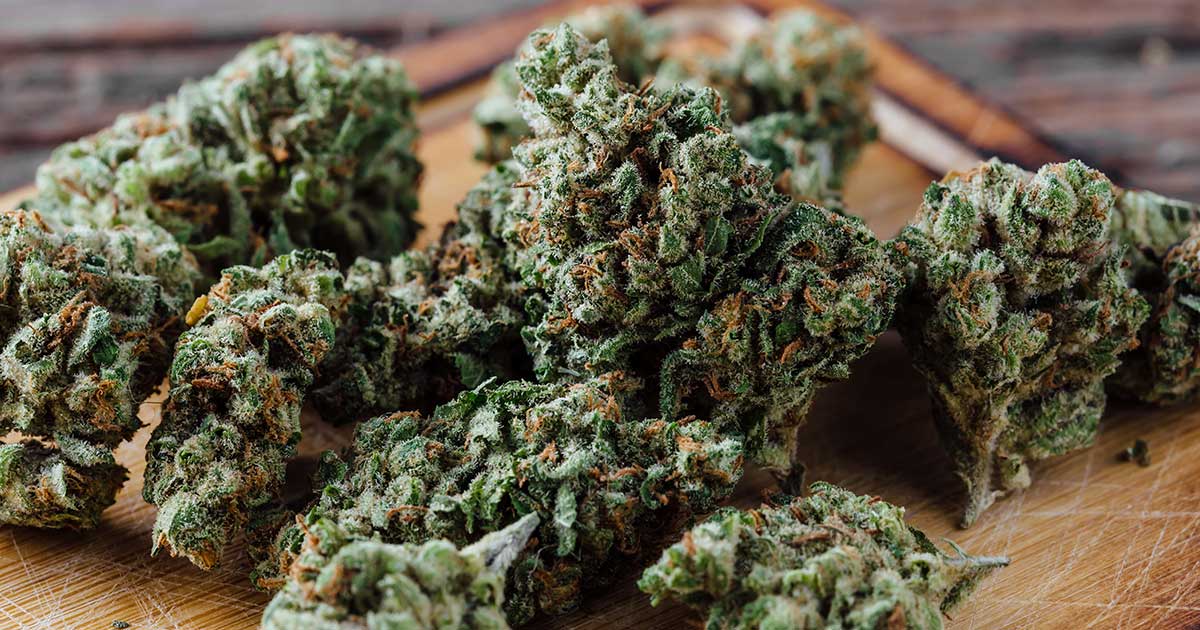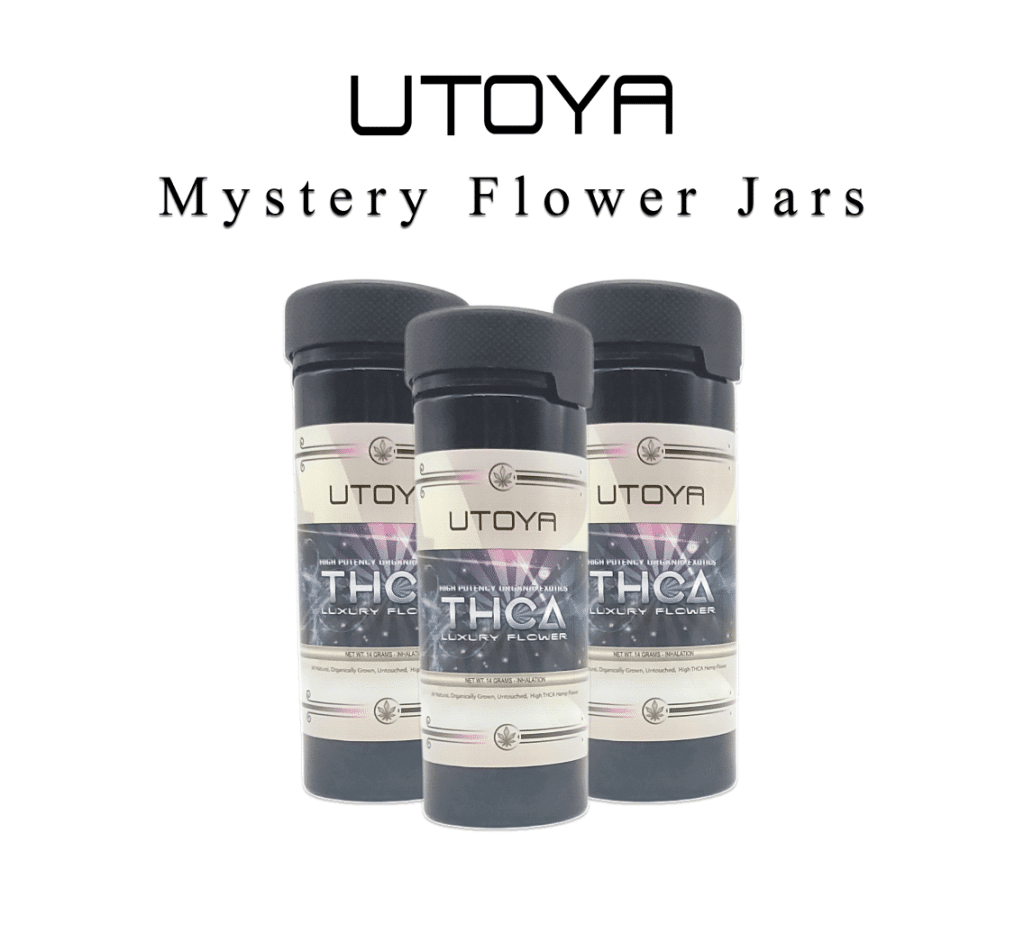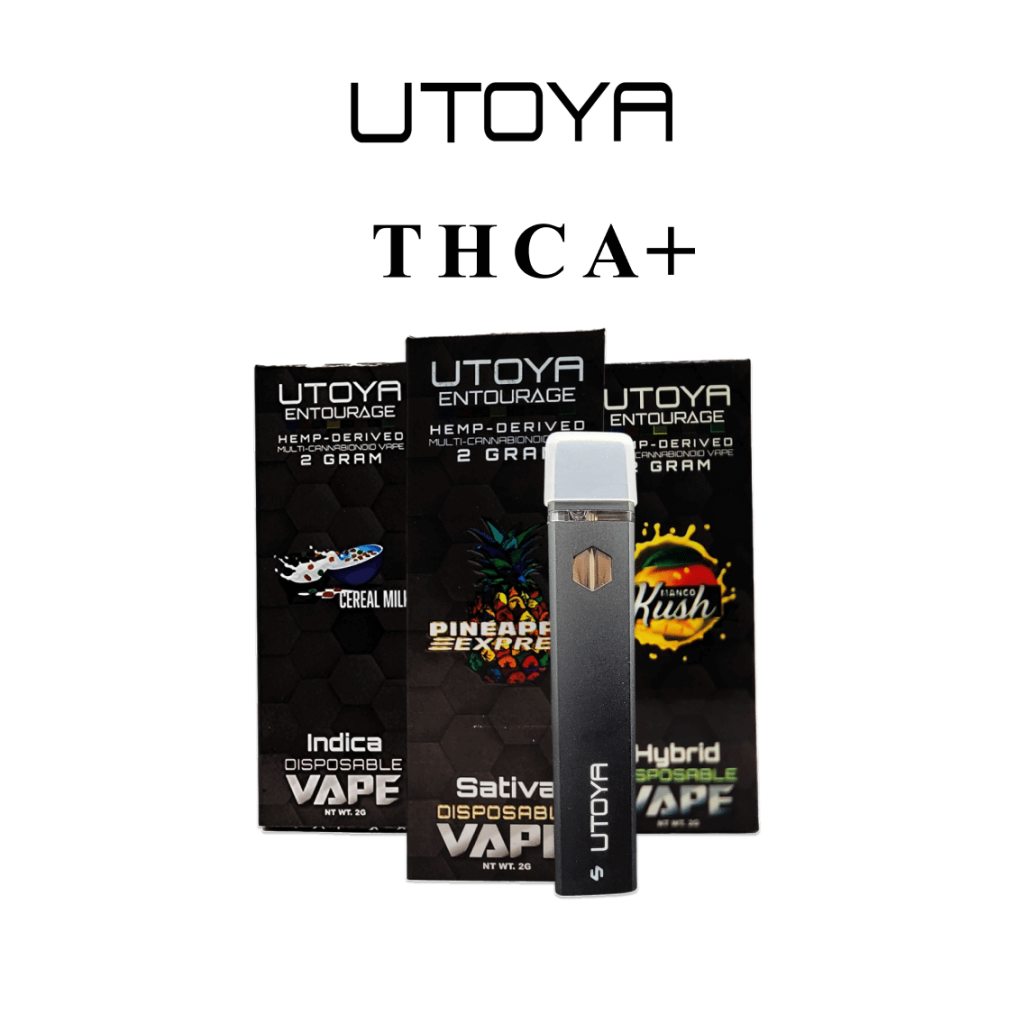Should You Use THCA and THCP Together?
If you’ve been reading all about THCA and THCP together, then maybe you’re wondering if the two compounds that make up cannabis go well together — or is it safe to ingest them at the same time? At Utoya, we’re all about guiding you through the wonderland of alternative cannabinoids responsibly, so let’s make it as simple and accessible for you as possible.
Key Takeaways
- THCA and THCP together are very contingent on whether or not they have been activated — or heated up — as opposed to it’s raw form (which kind of determines how strong things will be).
- If raw THCA isn’t decarboxylated, it may help moderate the intensity of THCP, creating a more balanced overall effect. For example, when THCA is heated and converted into delta-9 THC, combining it with THCP could amplify psychoactive sensations rather than temper them.
- Since THCP has a much higher binding affinity to CB receptors, proper dosing is crucial—especially when using it alongside other cannabinoids.
- Legal and safety regulations can vary widely. Raw THCA may fall under a different classification than decarboxylated (heated) THCA or highly potent THCP. Always verify your local laws before purchasing or using these compounds.
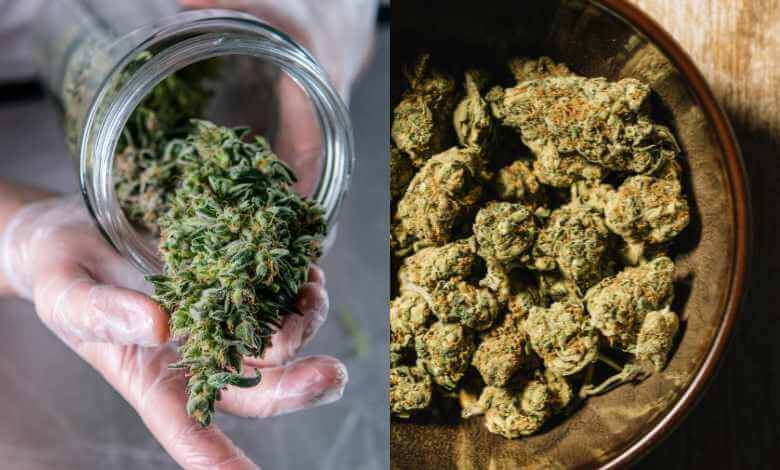
What Is THCA?
Here at Utoya, we’re into transparency, so let’s define what THCA and THCP together — which stands for tetrahydrocannabinolic acid — is the acidic form of delta-9 THC, the well-known psychoactive cannabinoid in marijuana.
When it is unheated (as with raw cannabis flower), THCA does not get you high, in the sense that it will not produce euphoria or other characteristic psychoactive effects caused by THC.
It’s not until THCA is decarboxylated (aka heated — by smoking, vaping, baking and the like) that it turns into delta-9 THC and causes that familiar psychoactive effect.
Some of the growing interest in THCA is because it may provide health-related effects without getting people high, such as anti-inflammatory, neuroprotective or anti-nausea properties are being debated.
What Is THCP?
Research has found that THCP binds to the body’s CB1 receptors (which are part of the endocannabinoid system) much more effectively than delta-9 THC — some sources suggest up to 30-33 times stronger binding affinity.
Because of that, THCP may produce a much stronger psychoactive effect — even in smaller doses — compared to traditional THC.
However, the research into THCP is still in early stages. At Utoya, we emphasize that “potent” means “use with caution.”
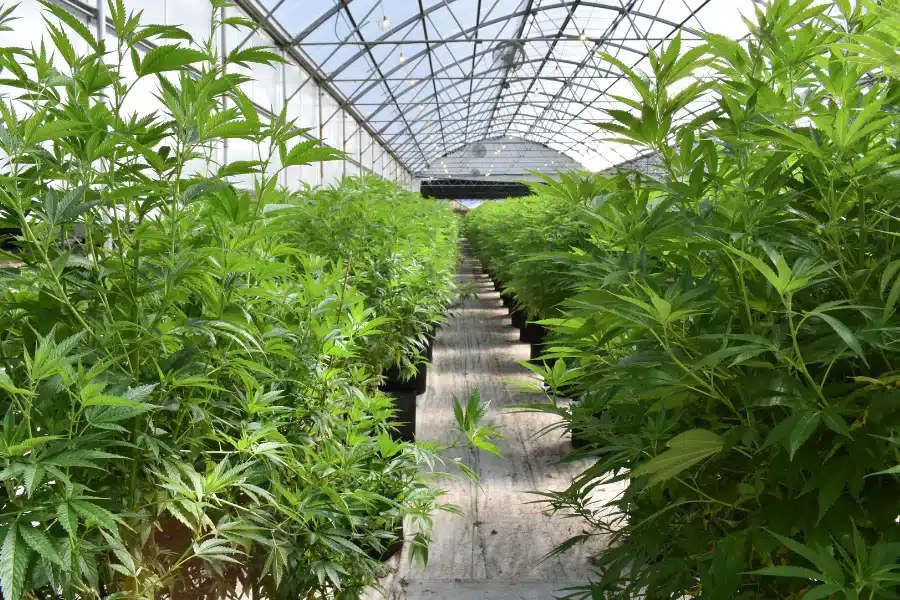
What Happens When THCA and THCP Are Combined?
THCA Remains Raw (Not Heated)
If the THCA you take remains in its raw, non-decarboxylated form, then you’re combining a non-psychoactive cannabinoid (THCA) with a potent psychoactive one (THCP).
In this case:
- The raw THCA may temper or moderate the high-intensity effect of THCP — offering a somewhat more controlled experience.
- This could be beneficial for someone who wants the therapeutic benefits of THCA (e.g., anti-inflammatory, neuroprotective) while still experiencing an elevated effect from THCP.
- At Utoya, we’d emphasize starting with low doses of THCP in this mix, monitoring how you feel, then adjusting gradually.
THCA Converts to Delta-9 THC (via Heat)
When that THCA is heated (smoked, vaped, baked), it becomes delta-9 THC. In this situation:
- You’re more or less pairing THCP and delta-9 THC (from the transformed THCA) — two potent psychoactive cannabinoids.
- The effect must be much greater: better euphoria, different altered perception of the senses, quicker time to reach peak activity, and higher side effects (dry mouth, racing heart rate, anxiety, and confusion).
- This mixture is probably not for new or low-tolerance cannabis consumers.
Legal and Regulatory Considerations
The legality of THCA and THCP together is complicated. A few key points:
- Raw THCA from hemp can fit under the federal definition of hemp as long as there is no more than 0.3% delta-9 THC concentration on a dry weight basis.
- But once THCA is decarboxylated and becomes THC (or if it’s in a product that acts like THC), that substance can be treated as restricted under state or federal law.
- Check local laws and regulations before purchase or use.
At Utoya, our products are all compliant and lab tested — but legal status is ever changing so I would say stay informed.
Final Thoughts
At Utoya Organics, we believe that knowledge is power, and getting to know your cannabinoids is the best way to avoid any misuse. THCA and THCP together do present intriguing possibilities, but you will notice some key differences, as well. THCA offers wellness-focused versatility; THCP offers potency and psychoactivity. Combine them and you’re mixing two very different punches — so know your dosage, know your form, know your legal landscape.
If you’re interested in learning more about which product may be right for your purposes (therapeutic vs. recreational) or are looking for guidance with dosing and safe use, please give us a call at 813-697-4747.
Frequently Asked Questions
What is the difference between THCA and THC?
THCA is the acidic form before heat has been applied, and it’s not psychoactive in its raw state. When heated, it becomes what we know as delta-9 THC, which does make us feel high.
How potent is THCP compared with THC?
Studies have shown that THCP binds to CB1 receptors much more tightly than even delta-9 THC — up to 30-33 times in some estimates.
Can THCA get you high?
On its own and in its raw form, THCA won’t get you high. If it’s heated (converted), then yes, the THC it becomes has psychoactive effects.
What are the advantages of using THCA?
Since THCA is non-psychoactive in its raw form, that makes it attractive for wellness-based applications where you seek relief without the high. It could indicate anti-inflammatory, neuroprotective, and anti-nausea properties.
How do I use THCP safely?
Treat THCP as a seriously potent cannabinoid — use small doses, be certain of your tolerance, do not combine it with a lot of other psychoactives , and monitor effects closely.
What happens if you combine THCA with THCP?
If THCA goes raw, it can tame down THCP; if THCA turns into THC then the combination can enhance the psychoactive effect, so effects will vary wildly.
Is THCA or THCP legal in the United States?
Raw THCA could be legal if sourced from compliant hemp at 0.3 THC or less. But once it is decarboxylated, it can be subject to THC regulation. THCP falls into a legal gray area in many states because of how potent and psychoactive it is.

